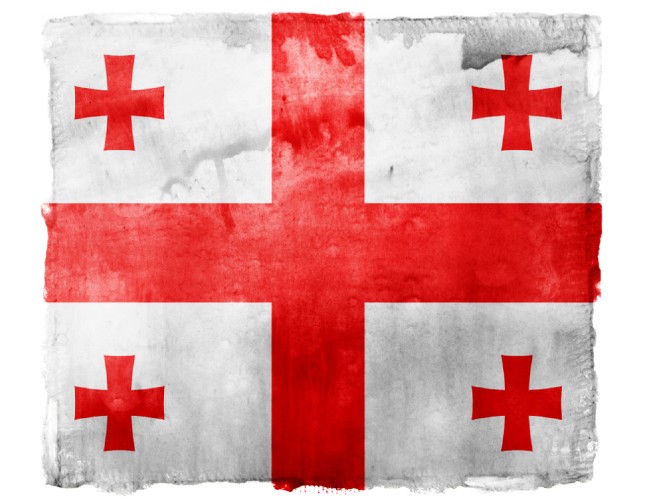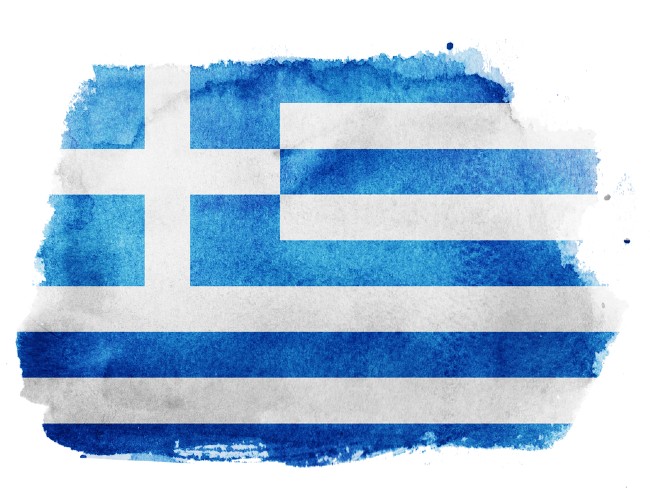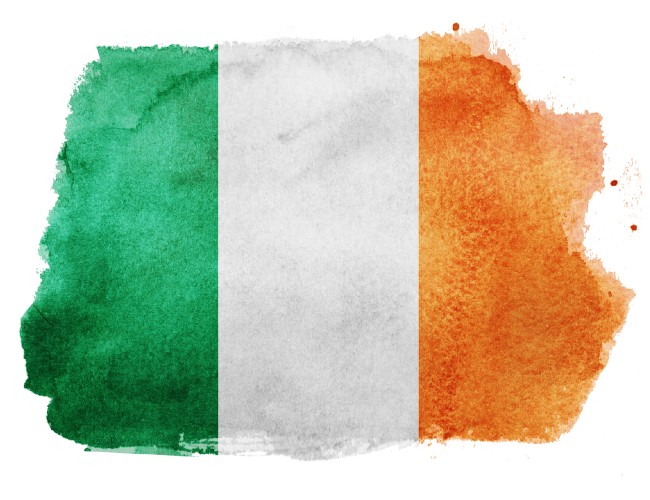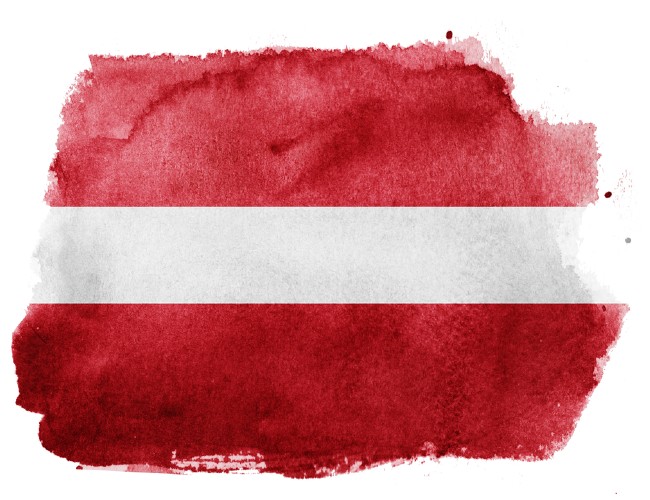What is the Eurovision Song Contest?
Started way back in 1956 as a way of drawing a fractured Europe back together with the healing power of music, the Eurovision Song Contest, or Concours Eurovision de la Chanson – the contest is telecast in both English and French – is open to all active members of the European Broadcasting Union, which oversees the competition.
Each country is permitted to submit one three-minute song to the contest – a song which is selected by a variety of means, usually a winner-takes-all competition such as Sweden’s renowned Melodifestivalen – which their selected entrant performs in one of two semi-finals in the hopes of making it to the glittering grand final.
Only six countries have direct entry into the grand final
- The Big Five who fund most of the contest – UK, Germany, France, Italy and Spain
- The host country (which is the winner of the previous year’s contest); this year that country is Switzerland.
The winner is chosen by a 50/50 mix of viewer votes (you cannot vote for your own country) and a jury of music industry professionals in each country, a method which was chosen to counter the alleged skewing of votes based on political and/or cultural lines when voting was purely the preserve of viewers at home. (This mix applies only to the grand final; voting in the semi finals is purely by popular vote with no jury involvement.)
Past winners include, of course, ABBA in 1974 with “Waterloo” and Celine Dion who won for Switzerland in 1988 with “Ne partez pas sans moi”.Above all though, the Eurovision Song Contest is bright, over the top and deliciously camp, a celebration of music, inclusiveness and togetherness that draws annual viewing figures in the hundreds of millions.
This year’s event
The grand final of the Eurovision Song Contest 2025, continuing the theme of “United by Music”, will take place in St. Jakobshalle, Basel, on Saturday 17 May with semi-finals on Tuesday 13 and Thursday 15 May. The 69th Eurovision Song Contest grand final will be hosted by Hazel Brugger, Michelle Hunziker and Sandra Studer while Brugger and Studer will host the semi-finals. Swiss broadcaster SRG SSR will host the event, together with the European Broadcasting Union (EBU), will organise the Contest thanks to Nemo’s historic win in Malmö in 2024.
Please note that while Israel is technically a part of semi final two, this reviewer has opted not to review their song due to current political actions by the Israeli state.
FINLAND: “ICH KOMME” by Erika Vikman
THE ARTIST
Like many a Eurovision entrant, Finland’s Erika Vikman kicked off her storied career at a young age.
The hugely successful singer-songwriter, who has collaborated with the country’s 2023 Eurovision entrant Käärijä who got us all to infectiously “Cha Cha Cha”, first grabbed the public’s attention back in 2016 when she won Tangomarkkinat which you will be delighted to know, is the world’s oldest tango festival.
But her claims to fame did not stop there, thank you very much.
In 2020, Vikman released her chart-storming hit song “Cicciolina”, which went twice-platinum and which was followed a year later by her self-titled debut album, which, as you might expect, topped the charts all across the country.
She’s had many more hits since including 3x platinum smashes “Syntisten Pöytä” and “Ruoska” (that’s the one with Käärijä) which stands her in good stead to make waves at this year’s Eurovision Song Contest.
(courtesy Eurovision.tv / image (c) Nelli Kenttä / Yle)
THE SONG
Good lord but doesn’t this song pack a punch?!
Ballsy and upfront when it comes to its lyrical content which leaves little to the imagination in a way few previous Eurovision have managed and which has a hugely impactful musical footprint that is pell-mell, full pedal-to-the-metal without a moment to draw breath.
It’s delivered by Vikman in a gobsmackingly arresting take-no-prisoners style which augurs well for Eurovision which needs a good song, ’tis true, but which can every bit as easily rise and fall on the strength of the live performance.
I loved this from the moment I heard it, and I love it still months later, and as long as Vikman nails her performance, which seems all but certain, look for Finland to place incredibly highly and may just win the damn thing if their next door neighbours, Sweden, don’t walk home, as expected, with the prize.
GEORGIA: “Freedom” by Mariam Shengelia
THE ARTIST
Hailing from a small town in Georgia, which itself is a small but fascinating country in Eastern Europe, Mariam Shengelia is hailed in her official Eurovision bio as undertaking a career journey that is “a testament to her talent, perseverance and sheer determination.”
Stirring words indeed, but with a fair degree of basis in truth because the artist, without the usual formal training or industry connections sported by many other Eurovision entrants, and no doubt fellow Georgian musical artists, has managed, and here is the breathlessly excitable official bio once again, “to build her career from the ground up, proving that hard work and raw talent can defy any odds.”
Impressive work all around there by an artist who first shot to fame in The X Factor Georgia, after which she also competed on the The Voice Georgia, where she turned heads with stunning performances and an ability to own the stage.
But she’s not just a solo artist; she’s also in the band Mixtura, which draws from a delicious polyglot of musical influences and which has helped to drive her musical artistry even further.
All of which should work well for her at Eurovision where the stage is very much the thing …
(courtesy Eurovision.tv (c) GPB)
THE SONG
While you might discuss the excitability of the Eurovision bio as just so much PR-intern hype, the reality is that Shengelia definitely has the goods.
Her folk-influenced, drumbeat-echoing track, “Freedom”, which comes with some real Big Band presence and sound, is a knockout of a track.
Quiet in parts, where hushed vocals and subtle emotiveness abound, “Freedom” amps it up elsewhere, delivering up a song that will absolutely turn heads, especially if it’s paired with a brilliant stage performance which the artist look more than able to do.
It’s a brilliant torch song that roils with emotion and heart and which is going to do very nicely for Georgia.
GREECE: “Asteromáta” by Klavdia
THE ARTIST
Generating some serious Nana Mouskouri vibes, Klavdia, who has dropped the surname for her stage nom de plume, is a veteran of many a TV talent show.
In 2017, when she was just 15, Klavdia, auditioned for Greece’s Got Talent, following that up with The Voice of Greece in 2018, and while her quests for talent show glory didn’t yield a win, they did garner her a recording contract with Greek label Arcade Music and Panik Records which, in turn, led to platinum-selling singles like “Haramata” and “Vasanizomai”.
All of these hits catapulted her to winning Best Newcomer at the Super Music Awards in Cyprus in 2023, and, so her official Eurovision bio informs us, sent her song “Lonely Heart” to first number 1 on the Shazam Discovery List and got her stage gigs with the likes of Greek musical luminaries such as Dionysis Savvopoulos, Konstantinos Argyros, and Giorgos Sampanis.
She is also a social media darling so it’s hardly surprising that she won very first edition of ‘Ethnikós Telikós’ which comes with a grand prize indeed – the chance to represent Greece at Eurovision.
(courtesy Eurovision.tv (c) Kosta Avgoulis)
THE SONG
“Asteromáta” kicks things off with a stripped opener which lets Kladvia considerable vocal talents do all the talking … or singing as clearly the case.
A ballad with grunt and a fair degree of arresting emotiveness, the song is captivatingly beautiful, its slow weaving in of beats and upping of the tempo a slow burn that lends the song a great deal of presence.
Whether it’s enough to counter the likes of Georgia and Austria in the intensely emotional ballad stakes is another song, but suffice to say, Klavdia has a voice of an angel and the power to really have it make an impact.
This will likely mean Greece hits the grand final though winning the actual contest might be a bit of an ask; even so, “Asteromáta” is going to garner attention and deservedly so.
IRELAND: “Laika Party” by EMMY
THE ARTIST
If you are thinking that the Irish entry for Eurovision would be, in fact, Irish, then think again.
In keeping with an increasing trend for countries to hire someone from outside the country with only the most tenuous of links to the nation-state they’re representing, EMMY aka Emmy Kristine Guttulsrud Kristiansen, actually hails from Norway where was born into a musical family where singing has been part of her world all her life.
She kicked off her musical a decade ago when she took part in the musical juggernaut that is Melodi Grand Prix Junior, which selects Norway’s entrant for Eurovision; while she made it to the final, she didn’t win this particular contest.
These days, she’s a viral TikTok star with 1.2 million followers worldwide and it’s that kind of profile that has seen her in France, Latvia and the U.S, for songwriting sessions and working with big-name producers such as K-391 and Braaheim.
So where does the Irish connection come in? Well, the song’s creation involved Irish songwriters, and after it was rejected by Norway for competition in 2025’s Melodi Grand Prix, EMMY entered the Irish selection contest where, says a Wiwibloggs profile, she “won both the national jury vote and the televote, securing her place at Eurovision.”
(courtesy Eurovision.tv (c) Andres Poveda)
THE SONG
Honestly, when my old Irish housemate sent me this song, I thought it was a parody.
It was only when I realised the clip was from a serious TV show with a real host and judges that it dawned on me that “Laika Party” was not just an actual song but THE entry for Ireland at this year’s contest.
Lyrically, the song rather quirkily wonders what might have happened if Laika, the dog blasted into space by the Soviets in 1957 where she died in low Earth orbit, had lived and instead of being sacrificed to astronautical ambition, was “dancing every night among the stars”.
It’s cute in its own way and come with some light and very forgettable Europop and while its arguably a classic Eurovision track, I’d argue the contest has moved on and that perhaps Ireland voted because no one really cares about winning any more?
Perhaps EMMY will surprise us with a fun stage performance, and the song’s kawaii (Japanese for cute) vibes will win over hearts and minds in a very un-cute period of history but I honestly can’t see this doing well for Ireland who likely won’t make the grand final with this joke-heavy entry.
LATVIA: “Bur Man Laimi” by Tautumeitas
THE ARTIST
Tautumeitas is not, as you might suspect, a monomynous singer hiding behind a single-name moniker.
Rather, it’s a group of six singers – Asnate Rancāne (vocals, violin), Aurēlija Rancāne (vocals, drums), Laura Līcīte (vocals, violin), Gabriēla Zvaigznīte (vocals), Annemarija Moiseja (vocals, melodica, percussion) and Kate Slišāne (vocals, mandolin, clarinet) – who perform ethno-pop which, so says their official Eurovision bio, blends “the traditional with the contemporary, transforming Latvia’s folk heritage into an electrifying experience for listeners.”
Huge on the Latvia music scene, Tautumeitas have gained a great deal of attention recently courtesy of their album Skrejceļš which led to a 17-date tour which included Europe’s biggest music festivals including Glastonbury (United Kingdom), Eurosonic (Netherlands), Rudolstadt (Germany) and Festival Du Bout du Monde (France).
That’s really taking their sound to the world which, of course, will go up a few more billion notches when they walk onto the stage in Basel for their group date with Eurovision destiny.
(courtesy Eurovision.tv (c) LSM/LLauris Vīksne)
THE SONG
“Bur Man Laimi” definitely captures an old meets new vibe.
Their bio describes it as summoning “energy of ancestral chants” and there’s a definitive high octane Enya thing going on here, bolstered by harmonised vocals that may sound fey at first but which pack a real musical punch.
It’s a dark horse of song that might sound like it’s going to be all wafty New Age forest singing, which they definitely do in he clip, dressed in lace no less, but which gathers up quite a head of steam by the time it finishes it surprises melodic run.
It likely won’t do much for Latvia but it’s a gloriously piece of meaty ethereal pop that will benefit from an inventive performance on stage in Basel.
Keen to find out more about the host city, Basel, Switzerland? Here you go …










